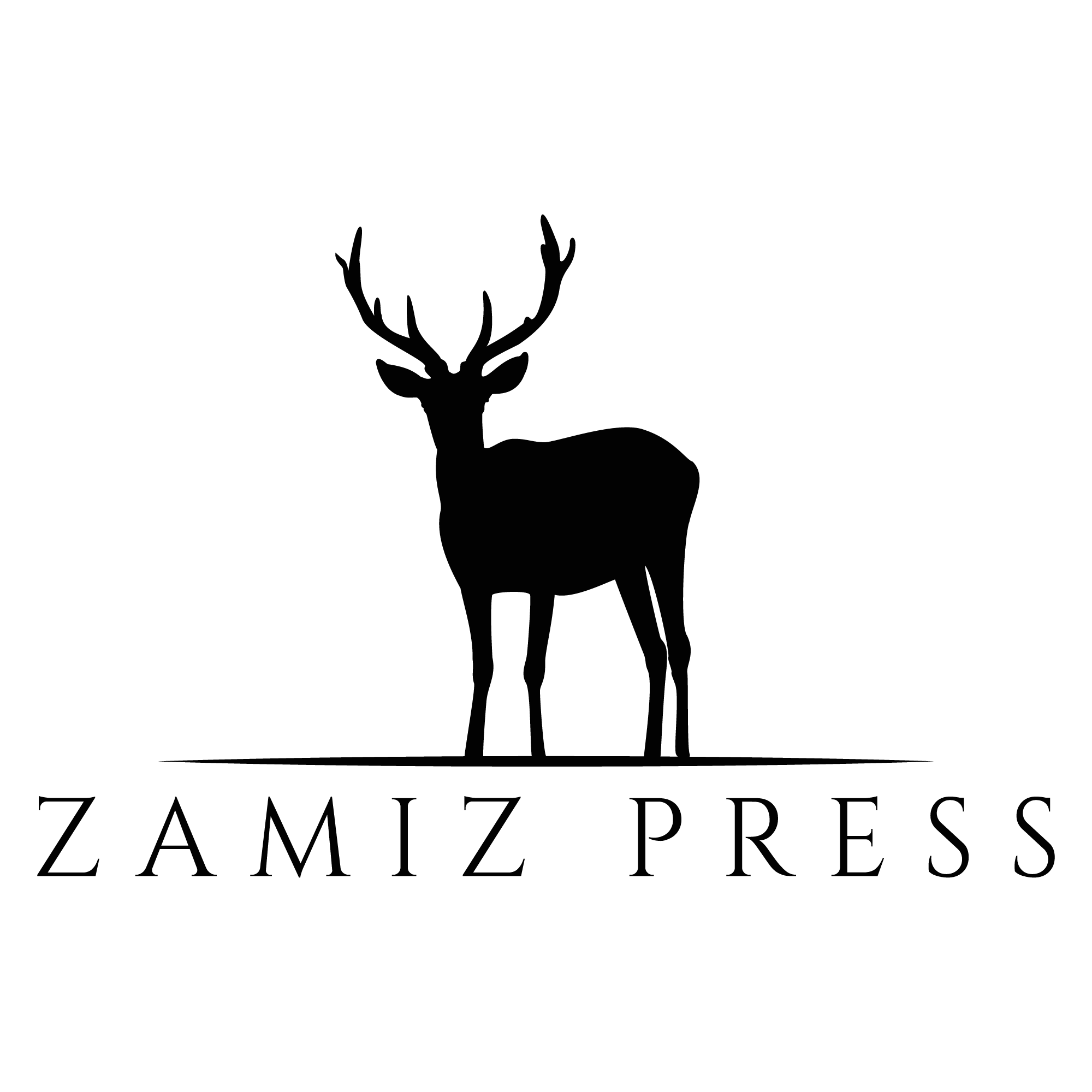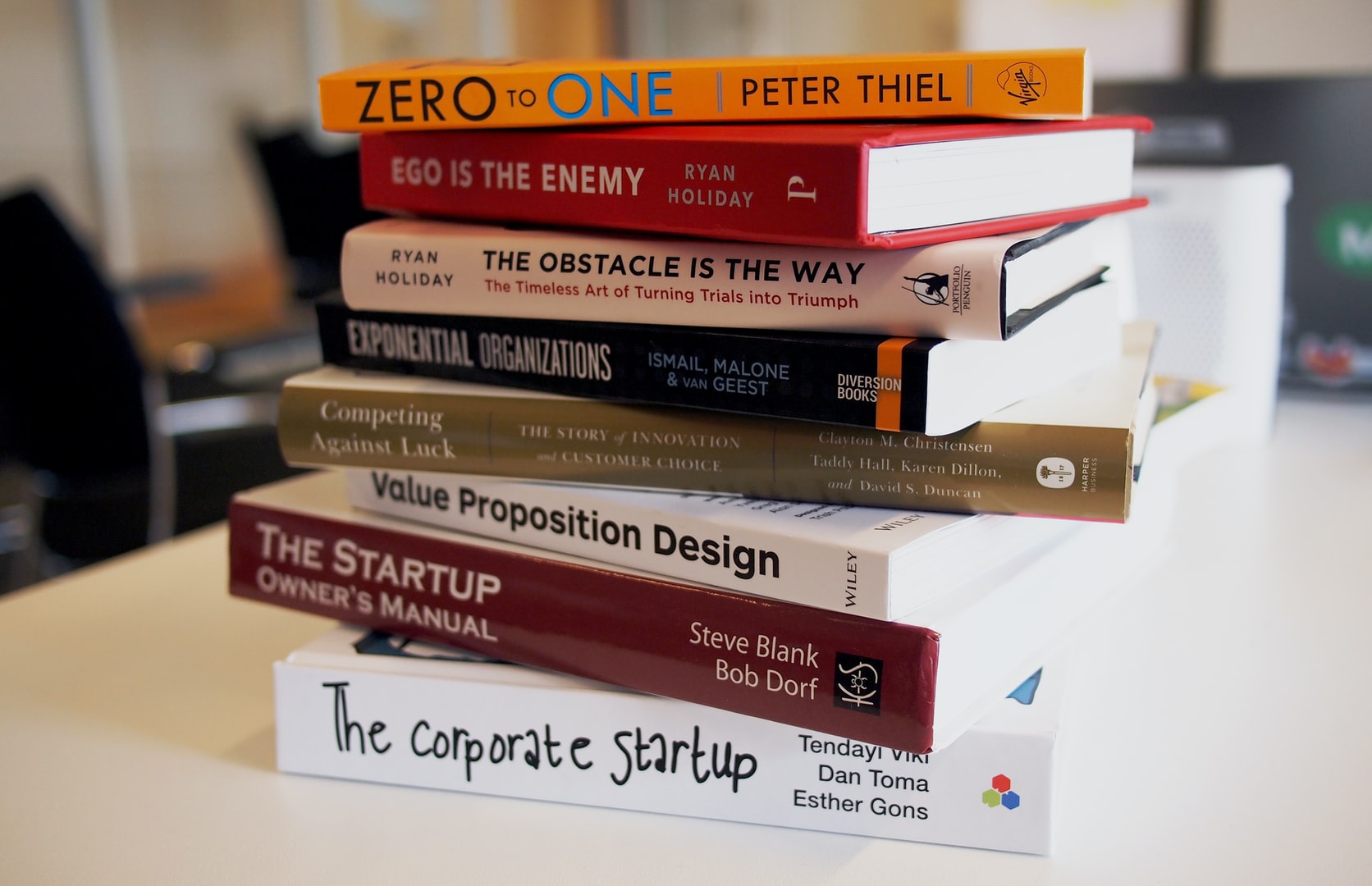
you can
learn more about writing & publishing
Learn about the publishing industry, little known writing tips and get new insights into marketing a book.
why your first chapter is covered in blood
Marie White, Director of Publishing for Zamiz Press

One thing is consistent for writers who work with Zamiz Press, your first chapter is going to be covered in blood. That means it will be chopped to pieces in red ink. Why, you might ask? Because it's the chapter that will be read more than any other.
People will make their buying decision based on the book cover and the first chapter.
The look inside on Amazon is going to show your first chapter. As readers at live events and those online open the book, they are going to turn to the first chapter and either fall in love with it or walk away.
If you can handle the hard edit of your first chapter, then the grammar, punctuation and style edits of the rest of the book will be a piece of cake.
To make the process less painful:
-
Use Grammerly as you go
-
Have an English teacher pre-edit the first chapter
-
Read the books below (clickable links to Amazon)
-
How to Write the Breakout Novel (yes, even if you're writing non-fiction)
Aspiring authors who learn to handle hard feedback will find their books soaring above the masses. Are you prepared to hear some criticism? If so, your book will probably do extremely well.
The Four Types of Publishing
Marie White, Director of Publishing for Zamiz Press

Not every path to publishing is equal.
These days there are several options for authors who want to publish their work. How do you know which one is the right choice for you? Let's look at the options and find the one that meets your needs. People will make their buying decision based on the book cover and the first chapter.
1. You have written a detailed outline and the first chapter of a book that you envision as a New York Times bestseller.
You are not afraid of the hundreds of hours it will take to craft the perfect 35-page book proposal, do market research for your book, create an extensive social media following of 10,000+, research the agents in your genre who are currently accepting submissions and begin the process of submitting your book proposal to dozens of agents. This process takes approximately 1-3 years to complete.
If that sounds like you, then traditional book publishing is the perfect fit. Who knows, you might be the next J.K. Rowling.
2. You have a finished book that has a small audience, you have less than $500 to spend on making your book shine, you have an abundance of time to learn the book publishing industry and market your book, but you don’t feel that the traditional publishing route is for you.
This is where self-publishing is the correct fit. Who knows, you might be the next Vince Flynn.
3. You have written a book manuscript and would like someone else to turn it into book form; you’re also unsure of how the publishing process works and feel overwhelmed by it.
Vanity press publishing could be the right fit for you. Who knows, you might be the next Mark Twain.
4. You have a terrific book that you're ready to see published right away.
You're committed to bringing your book to the world quickly and you understand that it's much easier to sell a quality product that you believe in. You'd also love a leg-up on the competition by getting training on how to market you book. It inspires you to think that your book could really impact people.
If this sounds like your vision of book publishing, then the hybrid publishing model is the right fit for you. Who knows, you might be the next Zig Ziglar.
Why Would a Traditionally Published Author Choose a Hybrid or Self-Publisher?
There are at least two pending legal cases where authors have not been paid their royalties by the traditional publishing companies who signed them.
Publishers Weekly magazine has an article where the author states:
“For months, the children’s publishing community has been communicating about Albert Whitman & Co. not paying authors their royalties in a timely fashion, amplified by a lack of responsiveness to their agents. Last week, the complaints spilled onto social media after Joan He, whose debut novel, Descendant of the Crane, was published by the Chicagoland company in 2019, posted a series of tweets about her experience. After AW&C failed to pay her royalties, she tweeted, her agent [John Cusick] notified the press three months later that the rights to her YA fantasy novel reverted back to He, ‘per a clause in my contract.’
‘After we notified the publisher that rights had reverted back to me,’ she tweeted, ‘they went ahead and released my paperback anyway. You can find it on shelves. You can see it (and ALL the editions they’re not allowed to sell anymore) on every online retail site. Not only is this a gross violation of copyright, it also hurts my agent's ability to rehome the book at a place that values me.’”
Another story that has gone viral is the plight of science fiction writer, Alan Dean Foster of Star Wars and Aliens fame. The rights to his books were acquired by Disney, when Disney bought 20th Century Fox and Lucasfilm. But as time passed, Disney failed to send him a penny of his royalties. Alan writes:
“When you purchased Lucasfilm you acquired the rights to some books I wrote… You owe me royalties on these books. You stopped paying them. When you purchased 20th Century Fox, you eventually acquired the rights to other books I had written… All these books are all still very much in print. They still earn money. For you. When one company buys another, they acquire its liabilities as well as its assets. You’re certainly reaping the benefits of the assets. I’d very much like my miniscule (though it’s not small to me) share.”
Authors also complain about losing control of the book process and ending up with covers that don’t represent their books or unreachable publishers who end up in prison.
Stories like these are just a few of the reasons why traditionally published authors have turned to hybrid and self-publishing models for their subsequent books.
One of the things that can save an author from signing with an unscrupulous publisher is to Google the publisher’s name along with the word complaint, fraud or better business bureau. When I began my publishing journey, I learned more from researching publishing houses this way, than by any other method.
Glossary of Terms
Traditional Publishing- This is the most widely known type of publishing. A publisher who pays you for the rights to your book. This often includes the rights to your book for film and television adaptations as well. The author’s average royalty is $1.15 per book.
Self-Publishing- This is also known as do-it-yourself-publishing. Putting a book into the marketplace yourself by designing or hiring-out the design of the book, learning about ISBNs, marketing, editing, learning social media and how to promote your book. You retain all of the rights to your book.
Vanity Publishing- This is also referred to as a vanity press. A publisher you pay to design your book and put it into the marketplace. You keep the rights to your book.
Hybrid Publishing- This encompasses a mix of traditional and vanity publishing methods. In this method you pay a publisher to place your book into the marketplace after they have edited, formatted and designed a custom cover for your book. This method often includes extras such as a press release, training, catalog insertion or other services. You keep all rights to the book.
Now that you know the four types of publishing, you’re equipped with the knowledge necessary to make the best decision for your book. Are you another Hemmingway? Rowling? Godin? Maybe your book will be the next blockbuster movie, like as the self-published title The Martian? It’s time to find out. What are you waiting for?